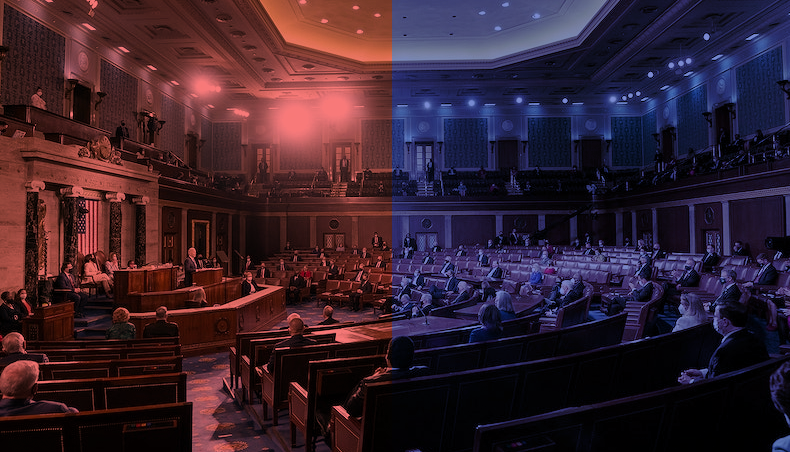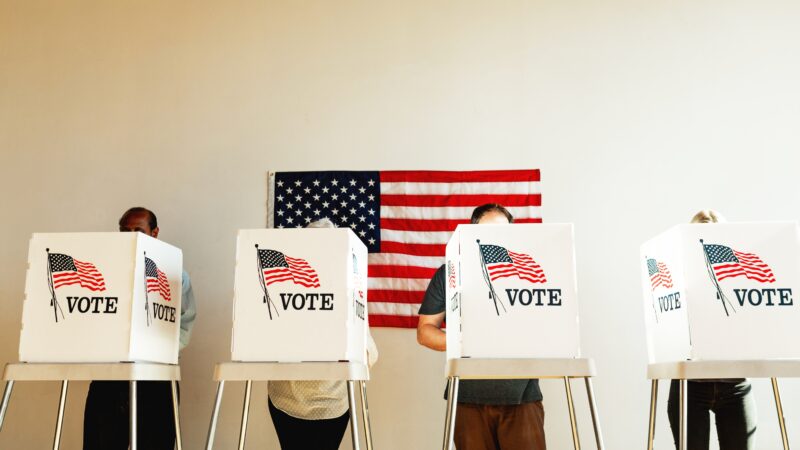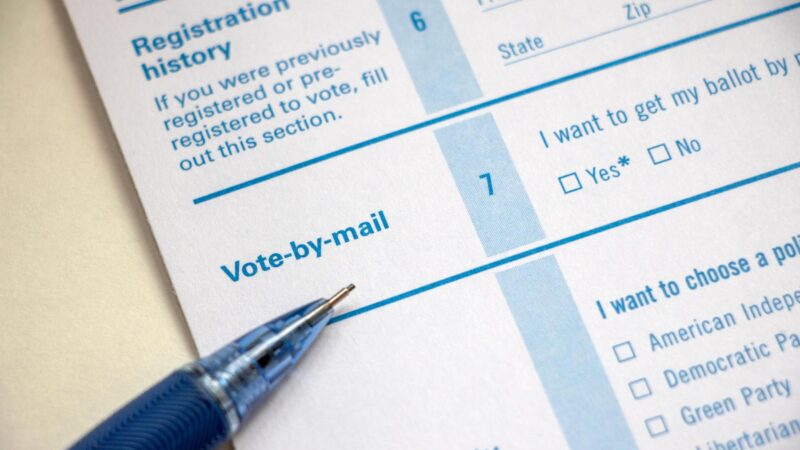William Ford is a Policy Specialist at Protect Democracy, where he supports the organization’s work to strengthen legislative guardrails against abuses of executive power.
What Might a Congressional Counterpart to the Office of Legal Counsel Look Like?
- May 17, 2022

In 1908, when Woodrow Wilson made the case for the vigorous exercise of presidential authority to lead the nation in “times of stress and change,” he sought to calm fears that doing so would upset the Constitution’s careful balancing of power between the president and Congress. Wilson argued that if Congress “be overborne” by an assertive chief executive, it would be “from no lack of constitutional powers on its part.”
In the years since, presidents of both parties have embraced and acted on a broad vision of their authority. This has led to the steady expansion of executive power—a trend the Justice Department’s Office of Legal Counsel (OLC) has helped facilitate by issuing legal opinions that support a broad understanding of the scope of the president’s powers. Congress not only has acquiesced to this expansion of power but also has ceded authority to the president, including by passing sweeping statutory authorizations for the use of military force unconstrained by sunset provisions or geographic restrictions….
Read the full piece in Lawfare. Read the full piece in Lawfare.
Related Content
Current United States Authoritarian Threat Index score: 2.4/5 Significant Threat •
-
Executive Constraints 2.5/5 • Significant Threat
It can happen here.
We can stop it.
Defeating authoritarianism is going to take all of us. Everyone and every institution has a role to play. Together, we can protect democracy.
Donate
Sign Up for Updates Sign Up for Updates
Explore Careers Explore Careers
How to Protect Democracy How to Protect Democracy






